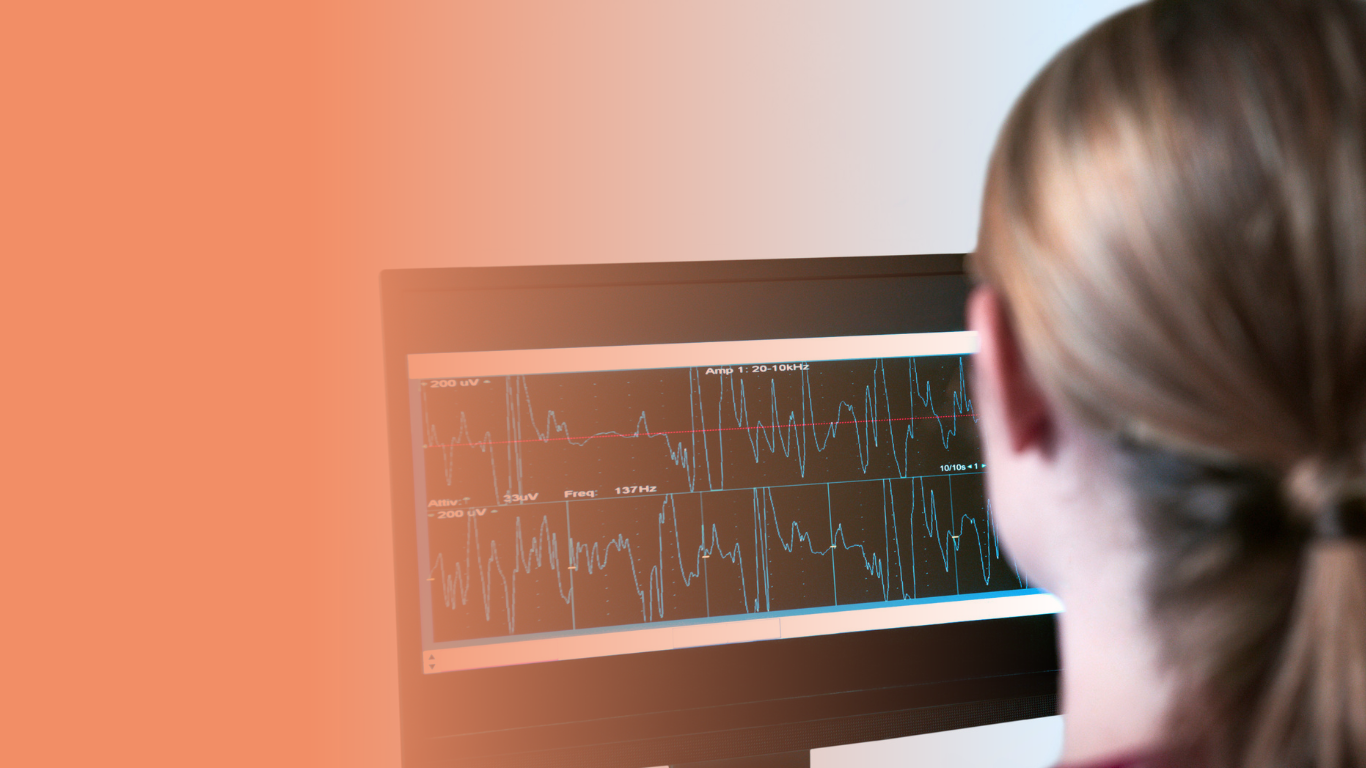Understanding Electromyography (EMG) and Nerve Conduction Studies: A Guide to Diagnosing Neurological Disorders
At Florida Neurology, we are dedicated to providing comprehensive diagnostic services to ensure the best possible care for our patients. Two of the most effective tests used in diagnosing nerve and muscle conditions are Electromyography (EMG) and Nerve Conduction Studies (NCS). These tests provide valuable insights into how the muscles and nerves are functioning, helping to identify the source of pain, weakness, or numbness.
What is Electromyography (EMG)?
Electromyography, or EMG, is a diagnostic procedure that evaluates the health of muscles and the nerve cells that control them. The test involves inserting a small needle electrode into the muscle. The electrode measures the electrical activity produced by the muscle fibers both at rest and during contraction. This test can reveal whether muscle weakness is due to a nerve disorder, muscle dysfunction, or problems with nerve-to-muscle signal transmission.
What Conditions Can EMG Diagnose?
Muscle disorders: EMG can detect diseases that affect muscle tissue, such as muscular dystrophy.
Nerve disorders: It can identify issues like carpal tunnel syndrome or pinched nerves in the spine.
Neuromuscular disorders: EMG is essential for diagnosing conditions like ALS (Amyotrophic Lateral Sclerosis) or myasthenia gravis.
What is a Nerve Conduction Study (NCS)?
A Nerve Conduction Study (NCS) evaluates how well and how fast electrical signals move through your peripheral nerves, which are the nerves outside the brain and spinal cord. Small electrodes are placed on the skin, delivering a mild electrical impulse. The speed of the nerve's response is measured, helping neurologists determine whether a nerve is damaged and the extent of that damage.
What Conditions Can Nerve Conduction Studies Diagnose?
Peripheral neuropathy: Common in conditions like diabetes, NCS can detect damaged peripheral nerves.
Radiculopathy: Nerve root damage from conditions like a herniated disc can be diagnosed through NCS.
Neuropathies: NCS can also help detect other nerve disorders such as Guillain-Barré syndrome.
How Do EMG and Nerve Conduction Studies Work Together?
While EMG and NCS are different tests, they are often performed together to give a complete picture of how the nervous system is functioning. Nerve Conduction Studies measure how well the nerves are working, while EMG looks at the electrical activity in muscles. Together, they provide comprehensive data on whether symptoms are due to muscle problems, nerve damage, or issues with the connection between nerves and muscles.
What to Expect During the Tests
Both EMG and Nerve Conduction Studies are minimally invasive and generally well-tolerated. During EMG, you might feel slight discomfort when the electrode is inserted into the muscle, but the procedure is typically brief. NCS involves a mild electrical pulse that may cause a tingling sensation.
Your neurologist will analyze the results of these tests and use them to develop an appropriate treatment plan based on the underlying cause of your symptoms.
Why Choose Florida Neurology for Your EMG and NCS?
At Florida Neurology, we use state-of-the-art technology and a patient-centered approach to deliver accurate diagnoses and personalized care. If you are experiencing symptoms like unexplained muscle weakness, numbness, or tingling, EMG and Nerve Conduction Studies can help identify the cause and guide your treatment plan.
Our experienced team is here to help you regain function and improve your quality of life. Contact us today to schedule your consultation and take the next step toward relief.
Other Services
FAQs
What is the difference between a migraine and a tension headache?
Migraines are severe headaches often accompanied by nausea, vomiting, and sensitivity to light and sound, typically affecting one side of the head. Tension headaches cause a dull, aching pain around the forehead or back of the neck and head without the additional symptoms of migraines.
How is Alzheimer's disease diagnosed at Florida Neurology?
Alzheimer's is diagnosed using a combination of cognitive assessments, brain imaging (such as MRI or CT scans), blood tests to rule out other conditions, and a neurological exam to assess brain function and symptoms.
What treatment options are available for stroke patients at your Stroke Clinic?
Treatment options include thrombolytic medications (to dissolve clots), endovascular procedures (to remove clots or repair ruptured vessels), blood-thinning medications, and rehabilitation therapy to help patients regain mobility, strength, and cognitive abilities.
What are the early signs of cognitive and memory disorders, such as dementia or Alzheimer’s disease?
Early signs include memory loss, confusion, difficulty with problem-solving, changes in behavior, trouble with language, and disorientation in familiar settings or with time.
What causes vertigo, and how is it treated?
Vertigo can be caused by inner ear issues, such as benign paroxysmal positional vertigo (BPPV), Meniere’s disease, or vestibular neuritis. Treatment often includes vestibular rehabilitation exercises, medications to reduce dizziness, and in some cases, procedures to reposition inner ear particles.
How can I manage chronic migraines?
Chronic migraines can be managed with prescription medications like triptans, Botox injections, lifestyle changes (avoiding triggers, improving sleep), stress management techniques, and preventive medications to reduce frequency.
What is the process for diagnosing Multiple Sclerosis (MS)?
MS is diagnosed through a neurological exam, MRI to detect lesions in the brain and spinal cord, lumbar puncture (spinal tap) to check for abnormal immune activity in the cerebrospinal fluid, and evoked potentials to measure nerve function.
What types of headaches do you treat at the Headache & Migraine Clinic?
The clinic treats various types of headaches, including migraines, tension headaches, cluster headaches, and chronic daily headaches caused by medication overuse or other factors.
What therapies are offered for patients recovering from a stroke?
Stroke recovery includes physical, occupational, and speech therapy to improve strength, coordination, communication, and daily functioning. Medications and lifestyle changes are also incorporated into long-term recovery plans.
How is Bell’s palsy treated, and how long does recovery take?
Treatment for Bell’s palsy often includes corticosteroids to reduce nerve inflammation, antiviral medications if a viral infection is suspected, physical therapy to restore muscle function, and eye protection to prevent damage. Most people recover fully within a few weeks to months.



